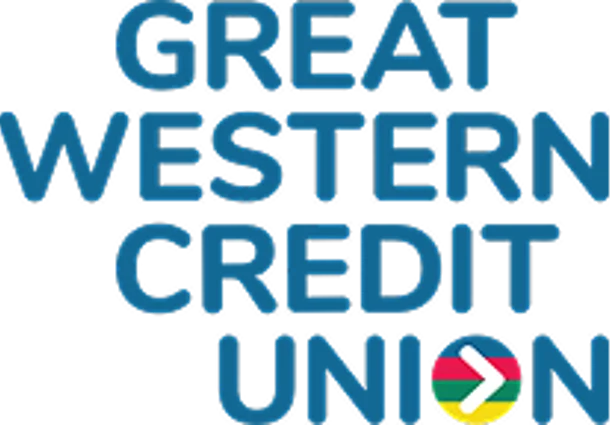What to do if you’ve missed a payment

If you’re struggling to make your loan payments at the moment, you’re not alone. The cost of living crisis, spiralling energy prices and the effects of the pandemic on jobs and income mean that many people are feeling the squeeze and finding it hard to make ends meet.
You may have lost your job or had your hours cut. Your bills might be eating up a larger chunk of your budget all of a sudden. Or there may be another reason you can’t afford your regular repayments.
Whatever the issue, the best thing to do is talk to us as soon as possible so we can find a way support you and help keep you on track.
Understanding ‘arrears’ and ‘defaulting’
Going into arrears means not paying your repayment by the date that it’s due. As soon as that date has passed, if you haven’t made the payment, you’re technically ‘in arrears’.
Defaulting on a loan means you’ve gone into arrears and haven’t made your repayments for a certain amount of time. When this happens, we report the outstanding debt as a default to our credit reference agencies. This can have a serious effect on your credit score and make it harder to borrow in the future. This is why it’s important to take action if you’re struggling with your finances or if you have already missed a payment.
The earlier you get in touch, the easier it is for us to set up a realistic repayment plan that fits your needs.
Our dedicated Member Support Team is on hand to support you.
At GWCU, we’re here to help you manage your finances and get through the tough times. In 2020, we brought our arrears management service in-house, and we now have three friendly knowledgeable advisers on our Member Support Team who can give you help and advice when you need it.
As a credit union, we’re built on ethical principles that include being fair and flexible. So if you’re struggling with your current repayment schedule, we’ll do what we can to find a solution that works for you, whether that means lengthening the term of your loan, arranging a repayment holiday or changing how often you pay.
What happens if you can’t pay
We have a standard process that we follow when a member is unable to make a loan payment.
If you go into arrears, we will send you a text. This will tell you that you’ve missed your payment and will include details of how to pay it via the member portal, or by calling us.
If we don’t hear from you, we’ll follow up with an email with details of your missed payment and how to pay it. As long as you take action early, there are no charges for late payments and your credit score won’t be affected.
If you continue to miss repayments, we’ll get closer to the point where we need to report these to the credit reference agencies. This happens once you have been in arrears for more than 30 days. When you’ve been in arrears for 80 days, we’ll send you a default notice. At this point, you can still avoid defaulting by talking to us and making arrangements to pay. If you don’t get in touch within 15 days of receiving the notice, you will default on the loan. The credit reference agencies will then mark that on your credit file which can really affect your finances in future.
The loan will continue to accrue interest at the agreed rate if you are in arrears and any unpaid interest is added to your loan balance if the loan is defaulted. Any legal and administrative costs that are involved in recovering the debt will be added to the total too, although this will only happen if you don’t take any action to help us to help you.
Even after a loan is defaulted, we still need to recover the money that’s owed. Because as a mutual lender, the money belongs to all the credit union’s members. We can take action such as requesting deductions from benefits payments or wages, taking out a county court judgement, applying to freeze bank accounts and have court bailiffs attend to seize goods.
Of course, we never want to do any of these things. We trust you, as a member, to do the best you can to pay back your loan, and as long as you keep to your side of the bargain by staying in touch and working with us to make arrangements to repay then we can avoid any of these enforcement actions and still have a good relationship. That means that when things are back on track again, we can look to help you with further loans or other services you might need.
There are lots of places to turn for advice
The Financial Conduct Authority (FCA) has some helpful information about what to do if you’re at risk of defaulting on your loan. It includes various details about who you can contact for free, confidential, and impartial debt advice.
You can also get specialist debt advice from Step Change, a debt charity that offers free advice online and over the phone. Their website includes a helpful section on budgeting and how to balance your finances, which could help you see what would be a realistic amount to be repaying each month.
If you’d like to talk to us about a change in your circumstances or if you’re worried about being able to pay off your loan in future, our Member Support Team is here to help. Get in touch and we’ll do what we can to support you.
